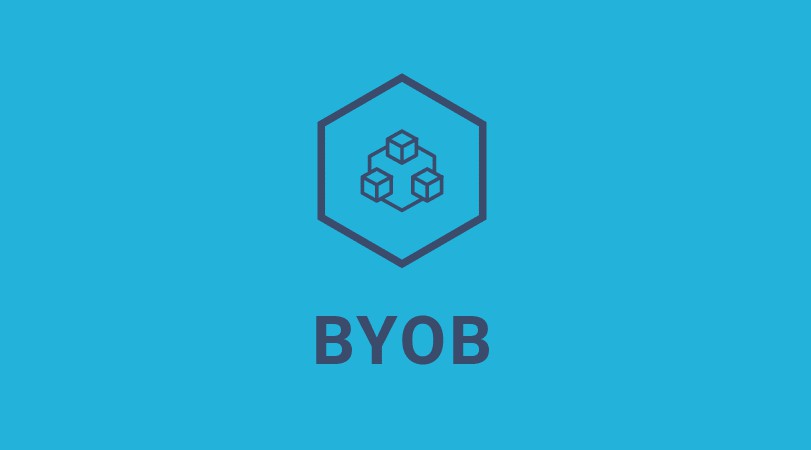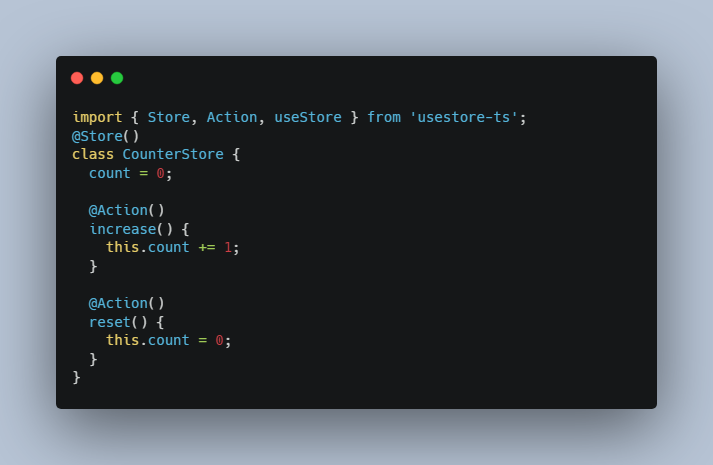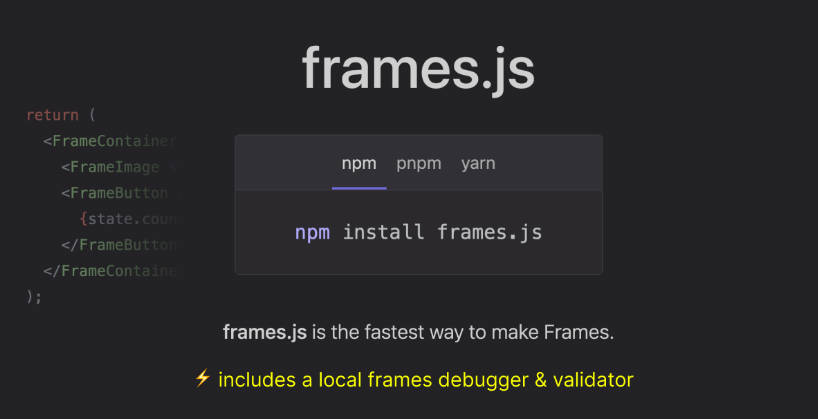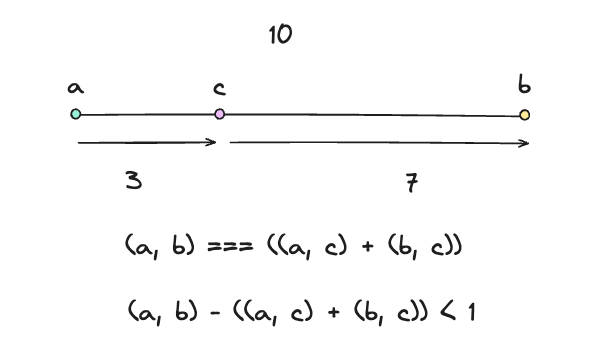Build Your Own Builders
byob is a Typescript micro library for creating fluent object builders for your test data.
Example
// some.spec.ts
test('product list returns products according to filter', () => {
const p1 = aProduct({name: "Banana"});
const p2 = aProduct({name: "Bandana"});
const p3 = aProduct({name: "Apple"});
const catalog = new InMemoryProductCatalog([p1, p2, p3]);
const app = render(<Gallery catalog={catalog}/>);
fireEvent.change(app.getByTestId('name-filter'), {target: {value: 'Ban'}};
expect(app.queryByText(p1.name)).toBeTruthy();
expect(app.queryByText(p2.name)).toBeTruthy();
expect(app.queryByText(p3.name)).toBeFalsy();
})
// testkit.ts
export const aProduct = builderFor<Product>({
id: "0", name: "", price: 0, currency: "usd", dateCreated: new Date()
});
export class InMemoryProductCatalog implements ProductCatalog {
// ...
}
// shop.ts
type Product {
id: string;
name: string;
dateCreated: Date;
price: number;
currency: "usd" | "eur" | "ils";
}
interface ProductCatalog {
findAll(): Promise<Product[]>
}
export const Gallery: React.FC<{catalog: ProductCatalog}> = ({catalog}) => {
//...
}
Motivation
Tests that depend on static fixtures are harder to read, understand and maintain. This blog post started to develop the idea, and this library provides a simple, DRY way to create builders.
Installation
npm install -D ts-byob
or
yarn add -D ts-byob
Usage
Given a type Product:
type Product = {
id: string,
name: String,
price: number,
currency: "usd" | "eur" | "ils",
photos: Photo[],
}
Scalar initializer
If you pass an object to builderFor<T>, the object’s properties will be used as defaults for all objects generated by the resulting builder:
const aProduct = builderFor<Product>({id: "0", name: "foo", price: 0, currency: "usd", photos: []});
const product1 = aProduct();
// {id: "0", name: "foo", price: 0, currency: "usd", photos: []}
const product2 = aProduct({name: bar});
// {id: "0", name: "bar", price: 0, currency: "usd", photos: []}
Function initializer
If we want to create fresh values for each new object (for instance, current Date, random ID), we can provide a function initializer:
const aProductWithRandomId = builderFor<Product>(() => ({id: nanoid(), name: "foo", price: 0, currency: "usd", photos: []}));
const product1 = aProductWithRandomId();
// {id: <a random nanoid>, name: "foo", price: 0, currency: "usd", photos: []}
const product2 = aProductWithRandomId();
// {id: <another random nanoid>, name: "bar", price: 0, currency: "usd", photos: []}
Sequences
The function initializer can use a per-builder context to generate running sequences, useful for numeric IDs.
const aProduct = builderFor<Product>(({next}) =>
({id: next("id"), name: "foo", price: 0, currency: "usd", photos: []}})
);
const anOrder = builderFor<Order>(({next}) =>
({id: next("id"), items: []}})
);
const product1 = aProduct();
// {id: 1, name: "foo", price: 0, currency: "usd", photos: []}
const product2 = aProduct();
// {id: 2, name: "foo", price: 0, currency: "usd", photos: []}
const order = anOrder({products: [product1, product2]});
// {id: 1, products: [{...}, {...}]}
Contributing
We actively welcome pull requests and proposed changes to the code base. Please follow these steps when contributing.
- Please fork and branch from
main. - Comment your code extensively, and update the README when expected.
- Add unit tests where applicable.
- All existing testing suites must pass and no linter errors should occur.






